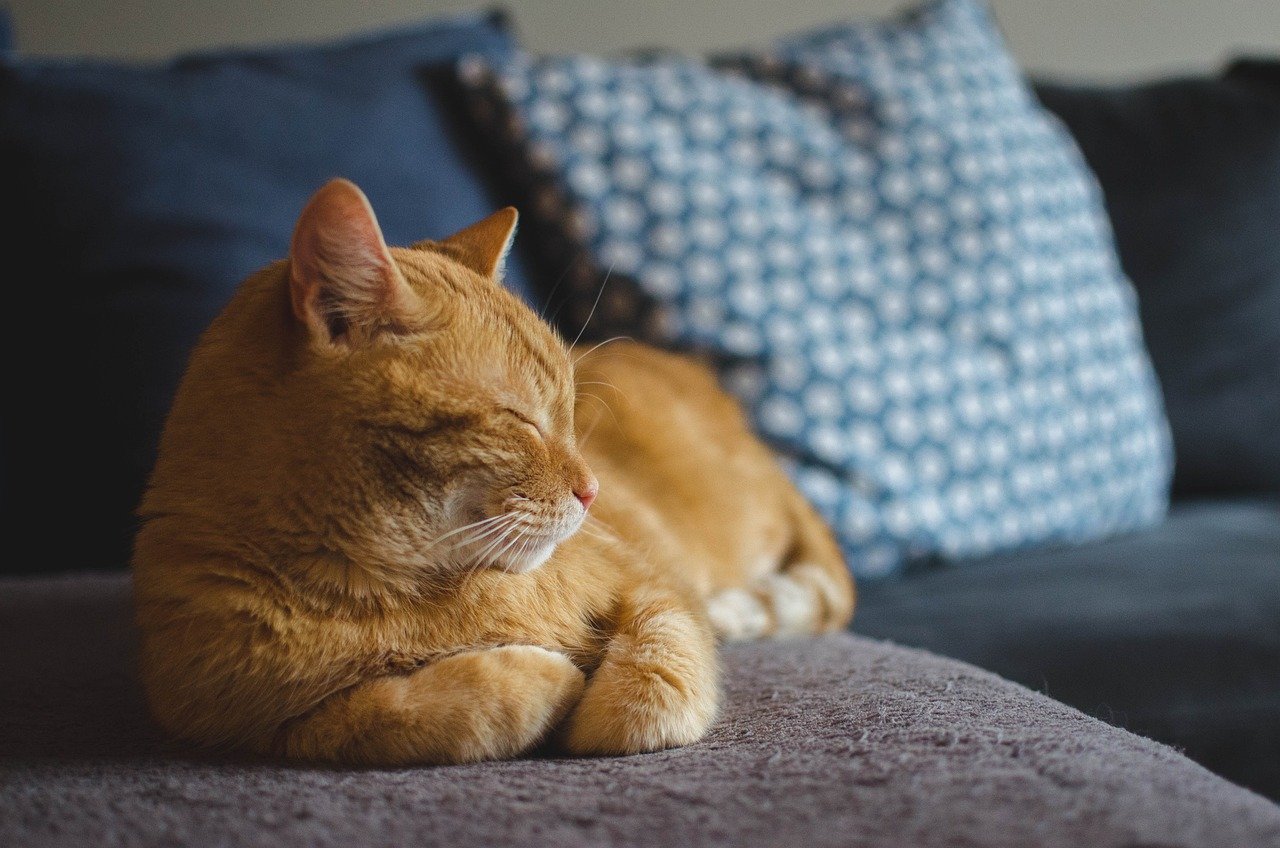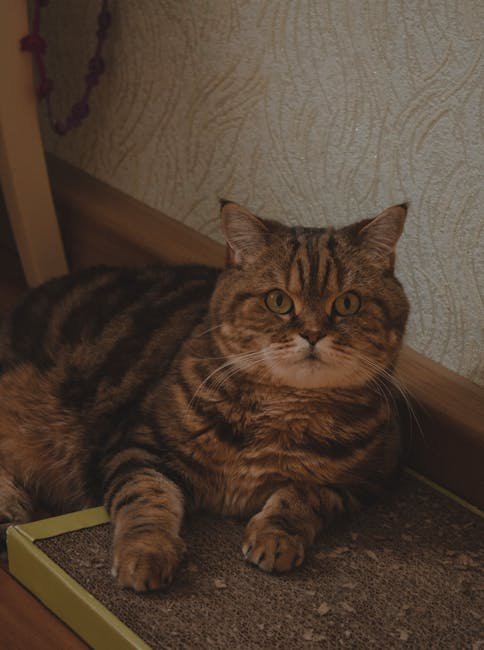Cats are enigmatic creatures, often leaving their human companions guessing about their moods and needs. While they may appear aloof or independent, cats require mental and physical stimulation to thrive. Boredom in cats can lead to behavioral issues, stress, and even health problems. Understanding the signs of boredom can help you ensure your feline friend remains happy and healthy. Here are eight telltale signs that your cat might be bored and in need of more stimulation.
1. Excessive Meowing
When cats are bored, they may resort to excessive vocalization to express their need for attention. If your cat starts meowing more than usual, it could be their way of telling you they need something to do. Cats often meow to communicate with their humans, so an increase in meowing may indicate that they feel neglected or unstimulated. This behavior can be compared to a person who talks a lot when they feel lonely or bored. To address this, consider engaging your cat with interactive toys or spending more quality time with them.
2. Destructive Behavior
Bored cats may channel their pent-up energy into destructive activities, such as scratching furniture, knocking over objects, or chewing on cords. This behavior is similar to a child acting out when they have too much energy and nothing to do. Cats need outlets for their natural instincts, and when they lack stimulation, they may resort to these destructive behaviors. Providing your cat with scratching posts, climbing trees, and plenty of playtime can help redirect their energy in a positive way.
3. Overeating or Undereating
Changes in eating habits can be a sign that your cat is bored. Boredom can lead to overeating as a form of self-soothing, much like how humans might snack when they are bored. On the other hand, some cats may lose interest in food altogether. If you notice your cat’s eating patterns have shifted, consider introducing puzzle feeders or varying their diet with new flavors and textures to make mealtime more engaging.
4. Lethargy and Sleeping More Than Usual
While cats are known for their love of naps, excessive sleeping could be a sign of boredom. A cat that is not mentally or physically stimulated may sleep more simply because they have nothing better to do. It’s like a person who stays in bed all day because they have no plans or motivation to get up. To combat this, ensure your cat has access to toys, climbing structures, and opportunities for exercise throughout the day.
5. Over-Grooming

When a cat is bored, they may start over-grooming as a way to cope with their lack of stimulation. This behavior can lead to bald patches and irritated skin, much like how humans might bite their nails when anxious or bored. If your cat is grooming excessively, it could be a sign that they are in need of more mental and physical engagement. Try introducing new toys or creating a more stimulating environment for them to explore.
6. Aggression Towards Other Pets
A bored cat may become aggressive towards other pets in the household as a way to release their pent-up energy. This aggression can manifest as hissing, biting, or swatting, and is often a sign that your cat is not getting enough stimulation. It’s like a child who picks fights with siblings when they have too much energy and no outlet. To help your cat, ensure they have plenty of solo playtime and interactive toys to keep them occupied.
7. Lack of Interest in Play
If your cat shows little interest in toys or playtime, it could be a sign that they are bored. Cats are naturally curious and playful creatures, so a lack of enthusiasm for play can indicate that they are not being adequately stimulated. This is similar to a person who feels apathetic and unmotivated when they have nothing exciting to do. To reignite your cat’s interest in play, try rotating their toys or introducing new ones that cater to their hunting instincts.
8. Frequent Attempts to Escape

Cats that are bored may attempt to escape their home in search of excitement and adventure. Frequent attempts to dash out the door or escape through windows can be a clear sign that your cat is seeking more stimulation. It’s akin to someone daydreaming about travel and adventure when they feel stuck in a routine. To satisfy your cat’s curiosity and need for exploration, consider creating a safe outdoor space or providing more interactive indoor activities.
Understanding these signs of boredom in cats is crucial for maintaining their well-being. By recognizing and addressing these behaviors, you can create a more stimulating environment that keeps your feline friend happy and healthy. Remember, a little bit of play and attention can go a long way in enriching your cat’s life.
Hi, I’m Bola, a passionate writer and creative strategist with a knack for crafting compelling content that educates, inspires, and connects. Over the years, I’ve honed my skills across various writing fields, including content creation, copywriting, online course development, and video scriptwriting.
When I’m not at my desk, you’ll find me exploring new ideas, reading books, or brainstorming creative ways to solve challenges. I believe that words have the power to transform, and I’m here to help you leverage that power for success.
Thanks for stopping by, Keep coming to this website to checkout new articles form me. You’d always love it!






